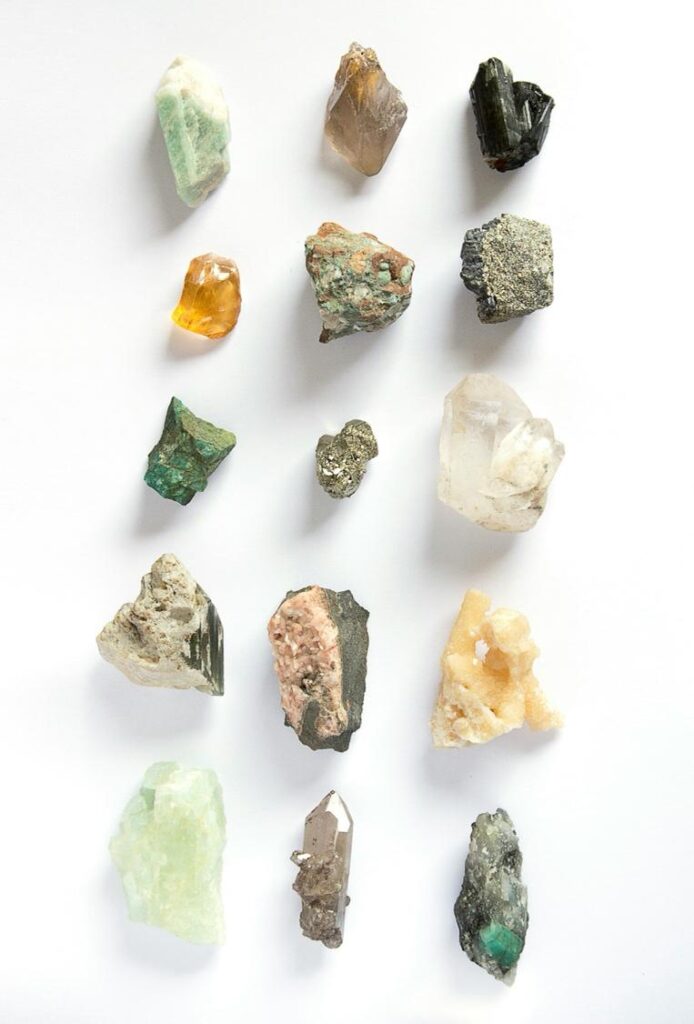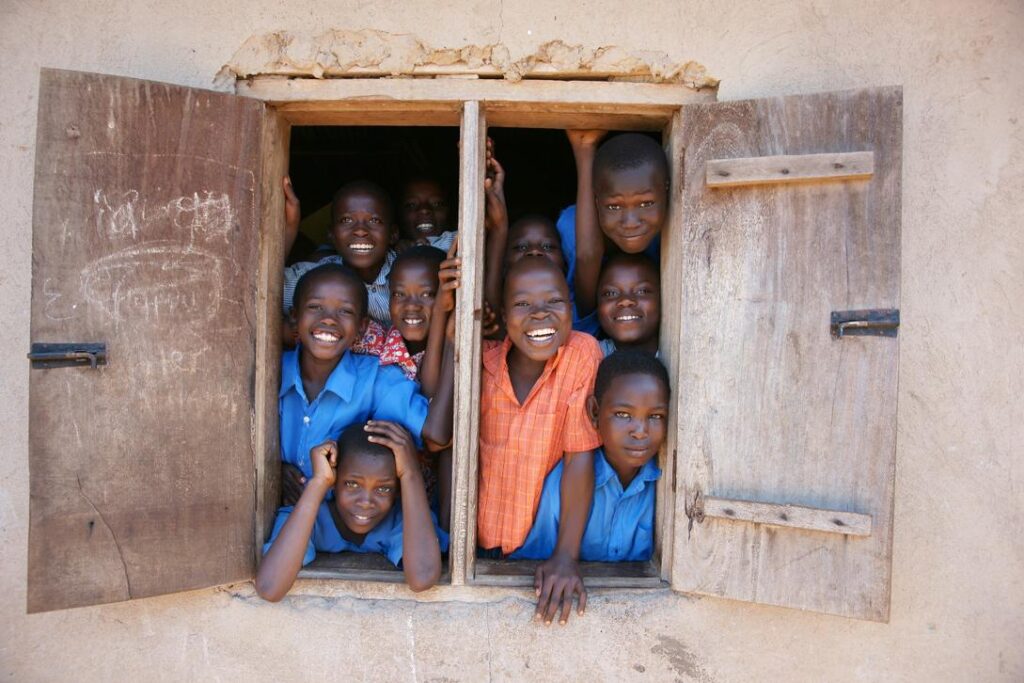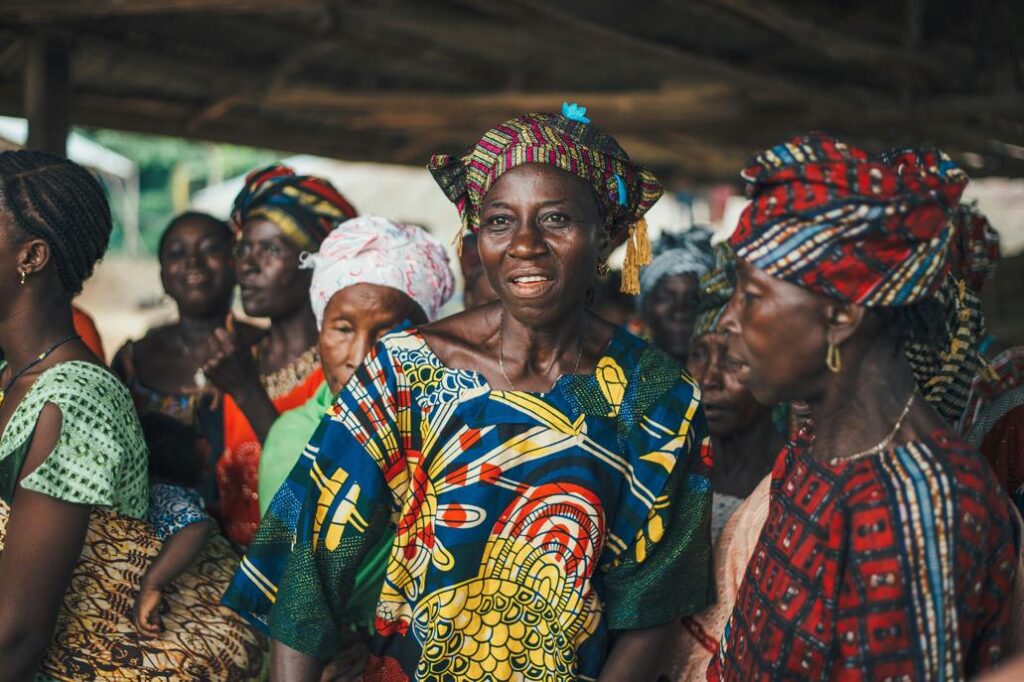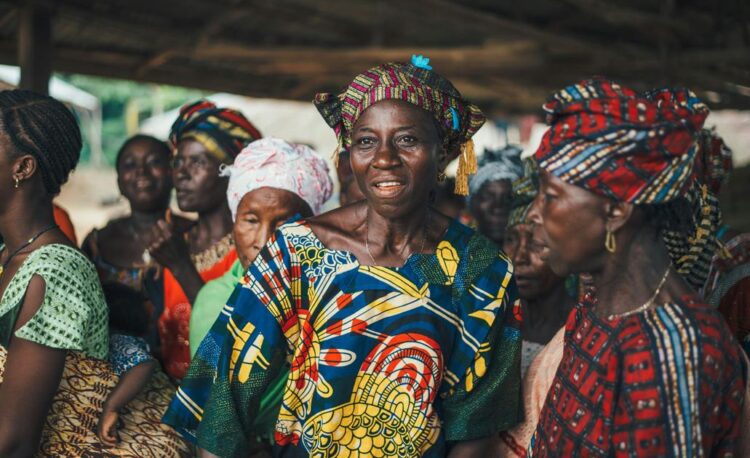Currently the Democratic Republic of the Congo (DRC) is facing a severe humanitarian crisis. The historical violence done to Congo is mainly due to its abundance in natural resources. The environmental sanctuary that is within Congo has made it incredibly valuable to outside countries. Countries like China, Rwanda, Uganda, the United States, and several European countries like Belgium and France seek to exploit the land for mining purposes as resources like cobalt are used to make batteries for phones, planes, cars, and much more. Exploitation of Congo happens both directly and indirectly. As multinational corporations like Glencore, China Molybdenum, Freeport-McMoRan (amongst many others) enter DRC and set up mining operations for minerals like cobalt, copper, gold, and diamonds, local communities and the country at large face detrimental harms. Unregulated mining practices coupled with the ongoing series of conflicts have led to the creation of various vulnerable groups who often go unseen and unprotected. Some of the vulnerable groups include child soldiers, women, communities located near mining sites, and individuals working in the mines.
The humanitarian crisis has created various vulnerable groups.

Despite its mineral rich resources, DRC’s economy benefits very little from the mining industry. Miners and local communities near the mining sites are a vulnerable population as they face reprehensible conditions that have extremely poor impacts on health. For example, the average miner works around twelve hours a day with some as young as seven. The normalization of mining combined with extreme poverty has led to many children working in the mines instead of going to school. Those working in the mines are no stranger to collapses as they are often sent deep into unstable mines with poor protective gear. Salaries are between $2.15-$8.60 per day with children often earning at most $2.50 per day and a large gap between the earnings of men and women. Women in the mines also face unique harms as they are often subject to sexual exploitation and violence. As cobalt and copper mines continue to expand throughout various regions in DRC local communities face displacement. Because many mines are located in conflict zones, the displacement numbers only grow. Additionally, this puts women and children at greater risk of sexual assault and violence. Due to families living in extreme poverty, working in the mines becomes a way to survive. Further, due to poor regulation of mining sites, the local communities are put at greater risk of exposure to radioactive elements which can lead to the development of respiratory diseases. Toxic dumping often occurs at mining sites which ultimately contaminates the water and soil fertility which results in high human mortality due to water and food contamination.

Children are amongst some of the most vulnerable in the humanitarian crisis. The harms they face result from unregulated mining sites as well as armed forces and groups. The term “child soldier” refers to children recruited by warring parties as fighters, scouts, cooks, spies, guards, messengers, and much more. Between 2005 and 2022, the United Nations reported that more than 105,000 children were verified as child soldiers, although the actual number of cases is much higher. There are many ways for children to become associated with armed groups. For example, some children may be abducted during raids of schools and markets or beaten into submission while others may join as a way to survive. Due to new tactics of warfare, children have become more vulnerable than before. Children just like other vulnerable groups, are also subjected to gender based violence. For example, girls are more likely to be subjected to varying degrees of sexual violence.
Women are another vulnerable group as they face threats of sexual and gender-based violence. In displacement camps, the risk of sexual assault is much higher. However, with limited food or resources women may venture into insecure areas to search for essentials like wood. Many women are forced into transactional sex in order to access work or necessities. Survivors of sexual violence also face barriers when it comes to seeking justice. For example, fear of retaliation or lack of accountability tactics from the judicial system have led to a majority of sexual violence cases going unreported. In “Women Resist War,” author and co-founder of the Women’s Synergy for Victims of Sexual Violence, Justine Masika Bihamba reflects on the hardships that women in DRC have endured during the past thirty years of crisis. In her book she shares her personal experience in DRC and discusses the outbreak of sexual violence that women undertake. Additionally, she discusses the importance of outreach. Only when the entire population, leaders, and international institutions become engaged can Congolese women as well as other vulnerable groups receive justice and proper treatment. Without spreading awareness and taking further action in various spheres, the vision of a better DRC cannot be accomplished.

Taking action
Although vulnerable groups in DRC are facing heightened humanitarian harms, there are many ways to get involved and help end the crisis. Currently in DRC various organizations are coming together in order to create a better tomorrow for the country. For example, advocates in DRC have come together in order to organize youth in Uvira and Mwenga in order to demand transparency in local mining contracts. In South Kivu, a group of women who had lost their husbands due to a mine collapse formed a cooperative where they would farm and sew. Advocates came together to create small income-generating projects and raise awareness of unsafe mining conditions. These are only a few examples of the amazing impact that awareness and coming together has had on the community.
Those in the West can also come together to help combat the humanitarian crisis in DRC. Western allies can get involved in many meaningful ways. One of which is by demanding corporate accountability of tech companies. In doing so, advocates should push for companies to prove that their supply chains are not linked to exploitation or conflict. Advocacy also needs to take place in international law by pushing for accountability as well as regulations on conflict, minerals, and ethical sourcing. It is of the utmost importance to advocate for changes that the communities in DRC would like to have enacted. Thus, westerners can also help to spread the word by supporting Congolese-led advocacy. By elevating the voices of local leaders, journalists, and activists we can help ensure that policy changes that are authentic to DRC become implemented. Discussions about Congo may also take place in settings such as classrooms, faith groups, activist circles and more. The key point is to take advantage of the platforms that are available to help further the Congolese voice and enact positive change. Through awareness and unity, we can all help end the humanitarian crisis in the Democratic Republic of the Congo.
Written by Anneya Anderson
Bibliography:
Council on Foreign Relations. Conflict in the Democratic Republic of the Congo. June 9th, 2025. https://www.cfr.org/global-conflict-tracker/conflict/violence-democratic-republic-congo
United Nations. Children, Not Soldiers. https://childrenandarmedconflict.un.org/children-not-soldiers/
United Nations. Children and Armed Conflict. November 21, 2004. https://childrenandarmedconflict.un.org/2024/11/drc-thousands-of-children-face-escalating-violence-and-exploitation-amid-intensifying-conflict/
Jonta Kamara and Stephanie Bumba. Protecting Miners’ Health in Democratic Republic of The Congo. February 10th,2025. https://www.thinkglobalhealth.org/article/protecting-miners-health-democratic-republic-congo
List of Mining Companies in Democratic Republic of The Congo. https://www.juniorminingnetwork.com/mining-stocks/democratic-republic-of-the-congo-mining-stocks.html
Congo Mines. https://congomines.org/en/
A special thanks to Brother Passy for his advocacy work in DRC, and willingness to answer my questions as well as provide personal insight for this article

